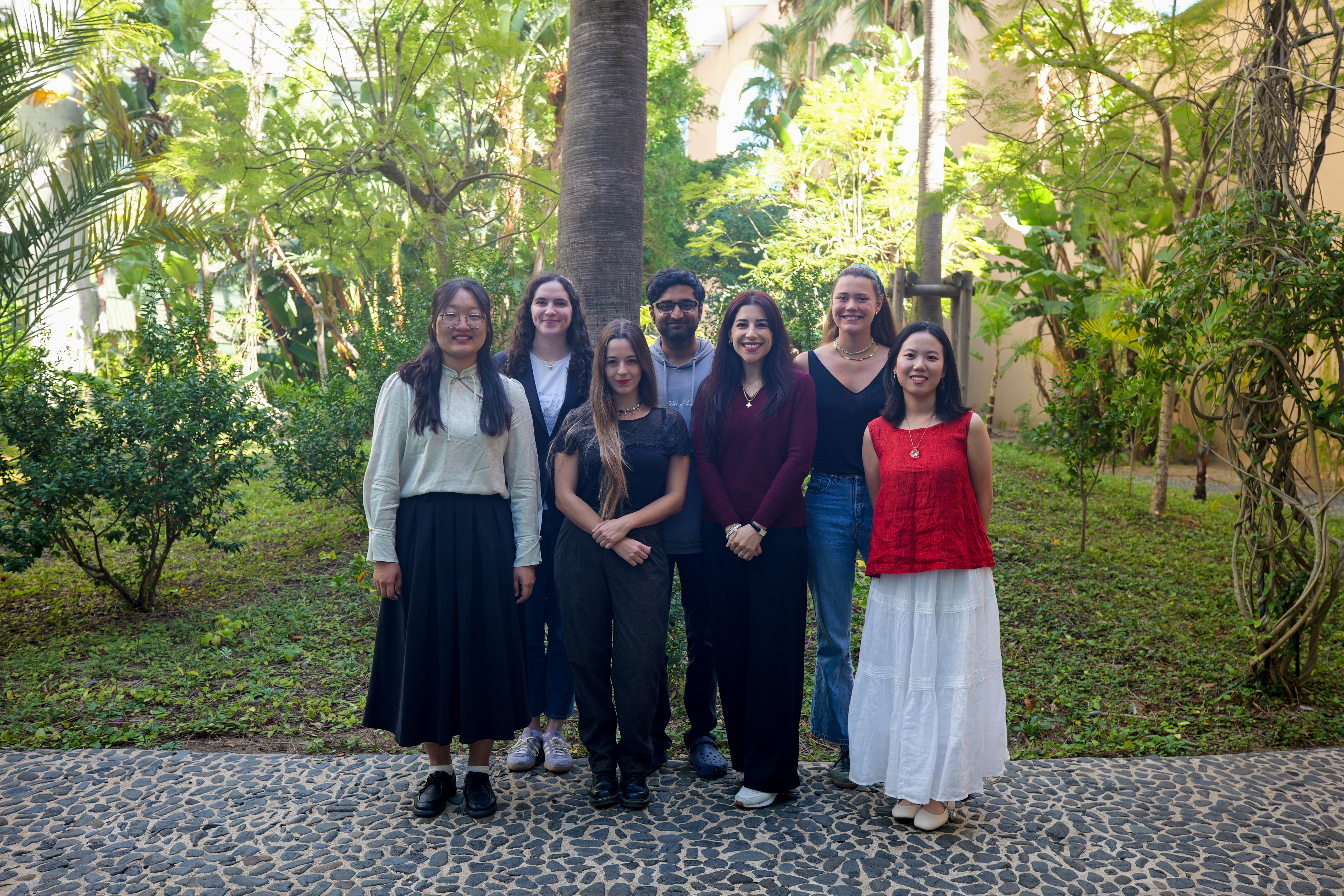20 November 2025
When Marta Moita first heard whispers of a neuroscience programme taking shape in Lisbon, disbelief was her first reaction. “It just didn’t seem possible,” she recalls. She was a young Principal Investigator (PI) who had returned to Portugal after years abroad, because behavioural neuroscience (her passion) simply didn’t exist here. “So the prospect of not just having a lab, but a whole programme doing circuits and behavioral neuroscience in Lisbon, with people I knew and admired… it was just difficult to assimilate. Was this really happening?”
20 November 2025
CaixaResearch Health Research Call Awards Researchers at CF & GIMM
These four selected projects will receive more than €1.75 million in support. This funding underscores the commitment of the “la Caixa” Foundation to champion projects of unparalleled excellence that stand to significantly benefit public health.
Listed below is more information about the four awardees from CF and GIMM, and their projects.
18 November 2025
A welcome beyond borders
When Diego Carrasco first saw Lisbon from the air fifteen years ago, the city looked like a watercolour: terracotta rooftops glowing above the Tagus River. “I remember seeing the roofs from the plane,” he says. “It was so romantic. I thought this city is so old, and at the same time, so new.”
It was 2010, and Carrasco, a young Colombian doctor, had been selected to come to Portugal through a government programme that invited Latin American doctors to work in Europe. “I felt welcome from the very beginning, as it was the government itself that had opened the door.”
18 November 2025
A community to carry you through
When we decided to discuss the “welcoming internationals” theme, Mert Erginkaya was among the first names that came to mind. Mert has been a close friend for over six years, and I’ve always felt he represents the Champalimaud Foundation (CF) community at its best. This piece is his story and, in a way, a bit of mine, because I was lucky enough to be part of Mert’s CF journey.
12 November 2025
Episode 7 – The Science of Imagination: Measuring the Invisible (Part 2)
We explore how imagination can heal – like playing Tetris after trauma to weaken intrusive images in post-traumatic stress disorder (PTSD) – and how it can misfire in the hallucinations of Parkinson’s disease or bereavement, when a “phantom spouse” may still be seen or felt, or in Functional Neurological Disorder, where expectations and emotions can produce real physical symptoms, even paralysis. Zeman shares the unforgettable case of “Toby” to show the power of suggestion at work.
07 November 2025
James Watson
James Watson was an outstanding figure in science, having carried out crucial work in the discovery of the structure of DNA, which earned him the Nobel Prize in Physiology or Medicine in 1962. His essential discoveries in the field of biology were decisive in shaping the course of Science as we know it today.
06 November 2025
How Scientific Collaborations Can Help Better Understand the Brain and the Body
Historically, scientists studying the brain, like neuroscientists and psychologists, worked separately from those studying the body, such as endocrinologists and physiologists. Research on how the nervous system interacts with the body has been growing, but “it kind of stops there, rarely making it past the neck to reach the brain again”, as Carlos Ribeiro puts it. Neuroscientists, meanwhile, often focus on higher brain functions without considering how body signals might influence them.

